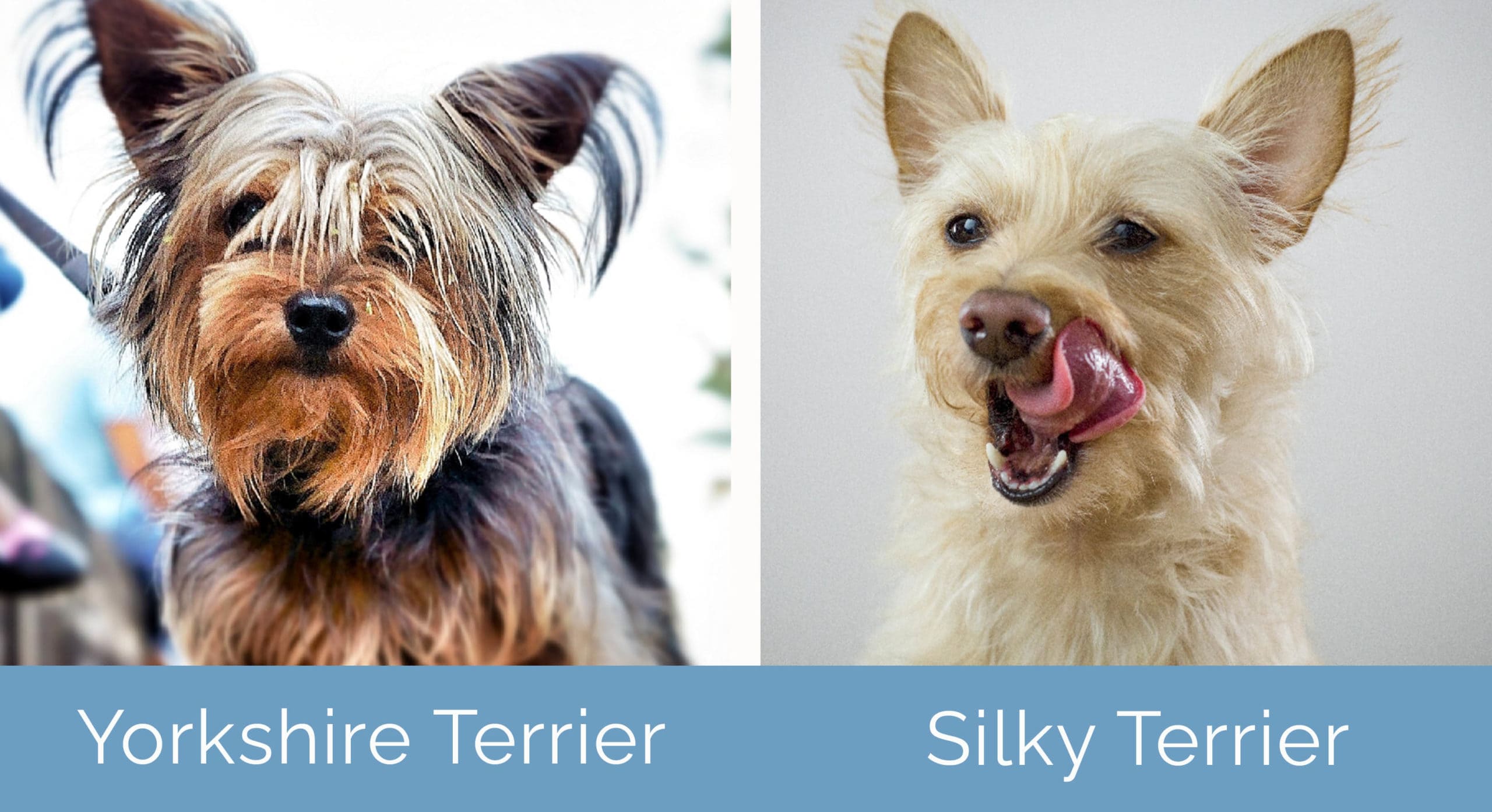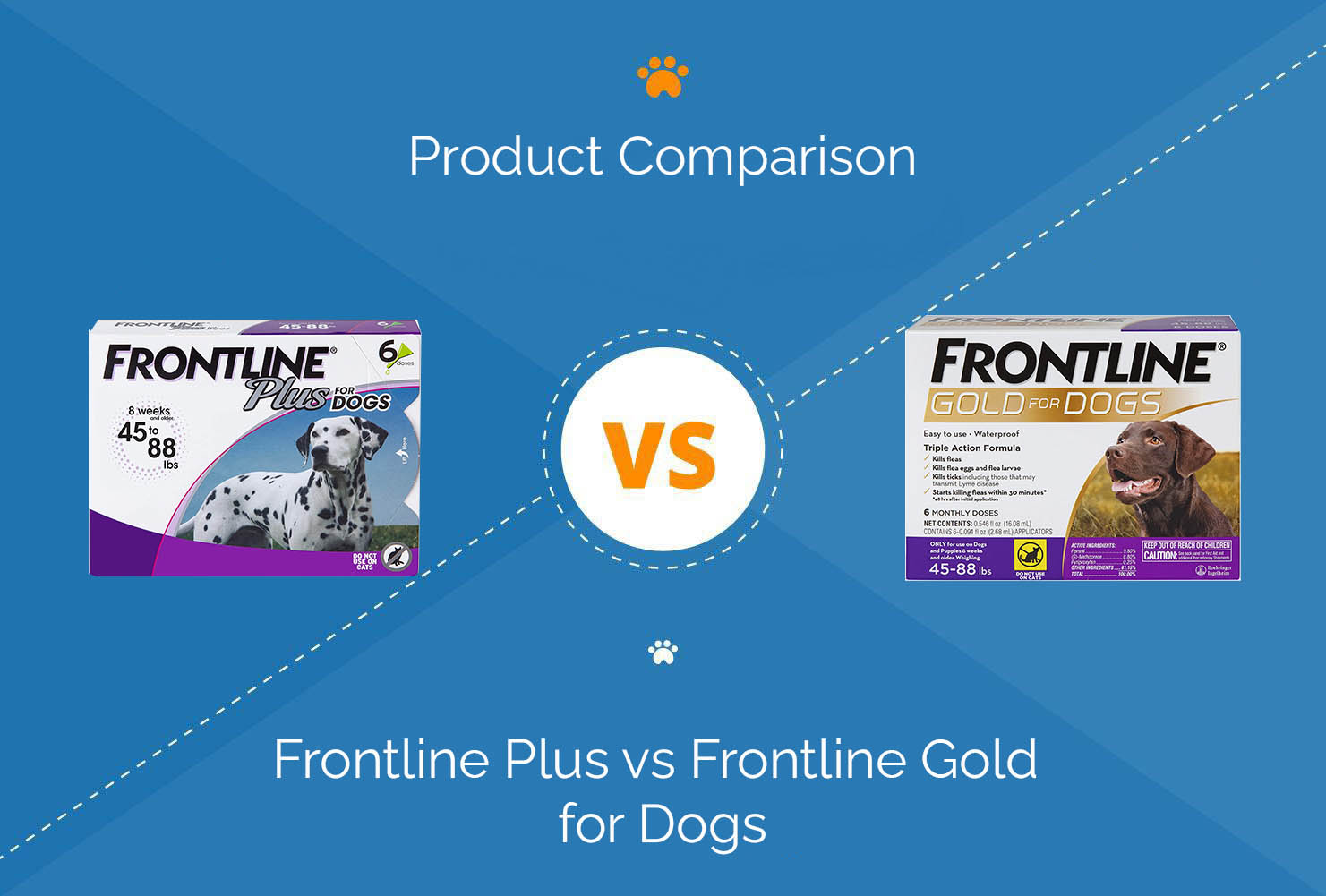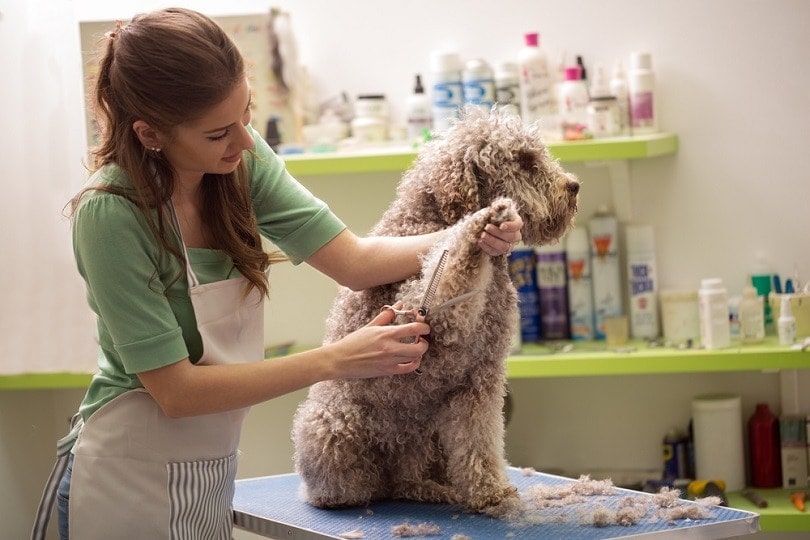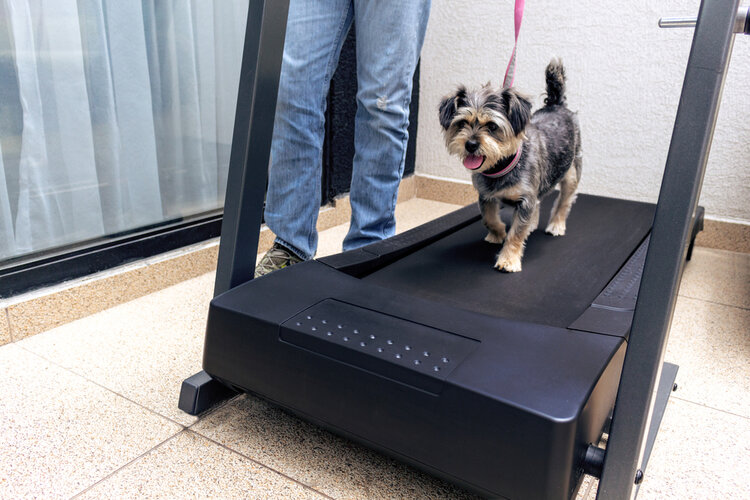Yorkshire Terrier vs Silky Terrier: What’s the Difference?

Updated on
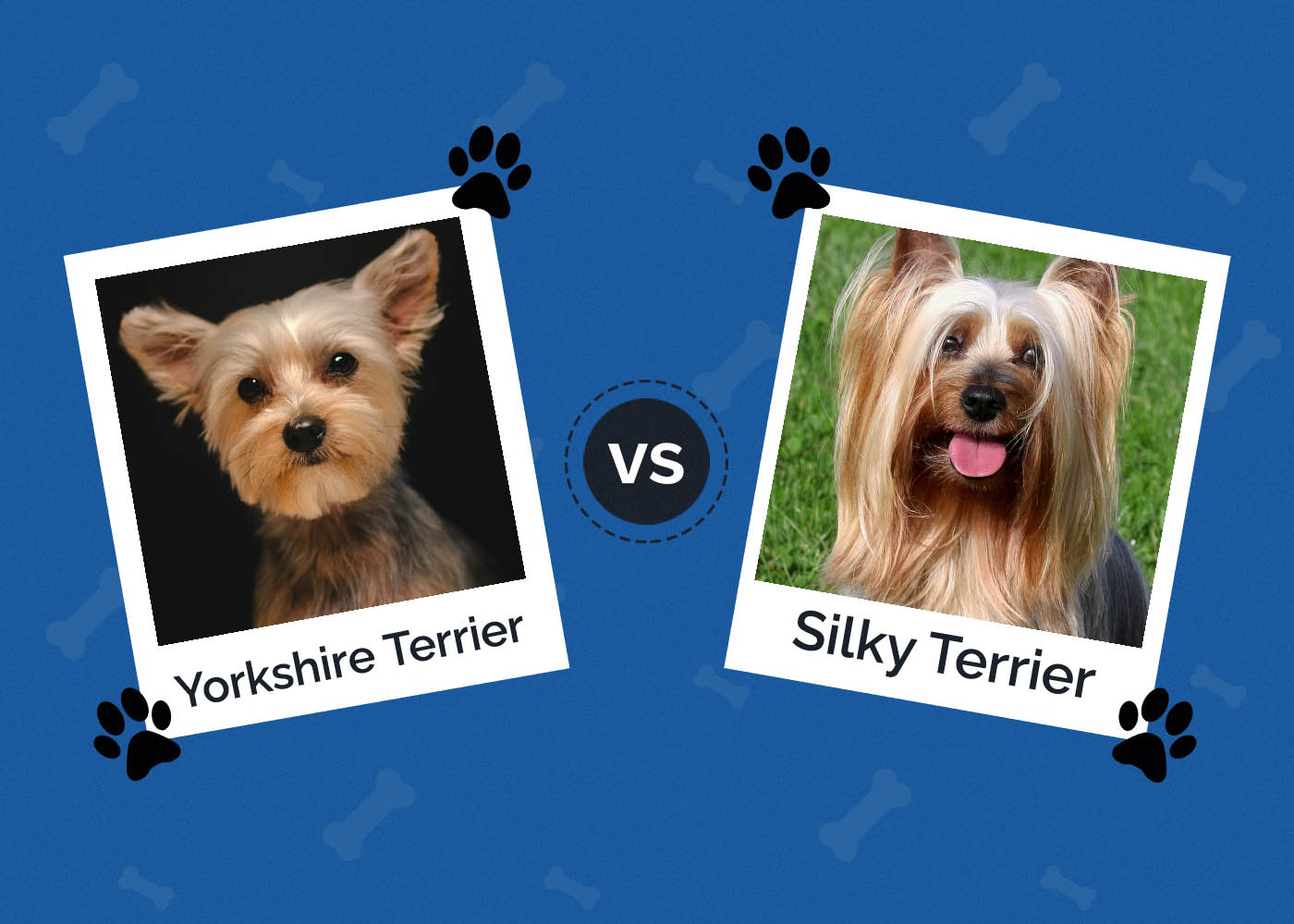
You could tell a Yorkshire Terrier and a Silky Terrier apart if they were standing side by side; however, the similarities far outweigh the few visual differences between these not-too-distant breeds. While both of them were originally used for hunting rats, their histories diverged long ago, resulting in two similar-looking but very different breeds.
Yorkies are commonly used in the show ring, and they’ve been a favorite pet of the elite for many centuries. Silky Terriers have led a simpler life, continuing to be used for ratting up until the present day. They both have long, flowing coats that are closer to human hair than dog fur, and they’re both under 10 pounds and 10 inches.
So, what are the real differences between Yorkies and Silky dogs? From their grooming and exercise needs to their personalities, more separates these breeds than you might expect.
Yorkshire Terrier vs Silky Terrier: Visual Differences
A Quick Overview
- Average height (adult): 8 inches
- Average weight (adult): 6 pounds
- Lifespan: 12–15 years
- Exercise: 15–30 minutes
- Grooming needs: Excessive
- Family-friendly: Yes
- Dog-friendly: If socialized
- Trainability: Moderate
- Average height (adult): 10 inches
- Average weight (adult): 10 pounds
- Lifespan: 12–15 years
- Exercise: 30–40 minutes
- Grooming needs: Moderate
- Family-friendly: Yes
- Dog-friendly: With larger dogs
- Trainability: High
Yorkshire Terrier Overview
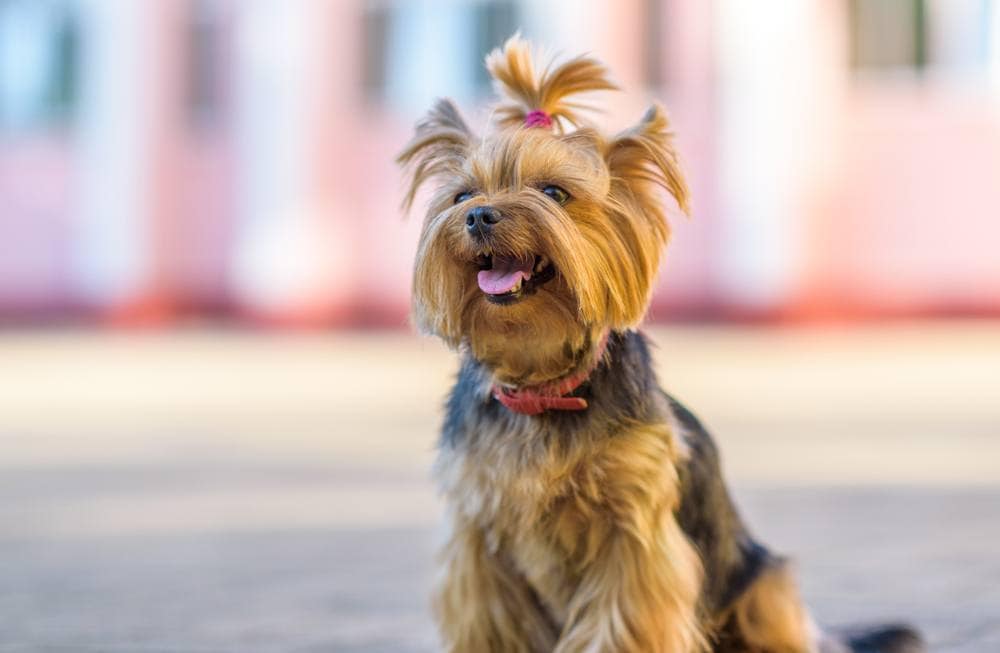
Yorkshire Terriers, commonly called Yorkies, are America’s most popular toy breed. According to the AKC, they’re the 10th most popular breed overall, with long, flowing coats and adorable faces that endear many to them.
These dogs are high-maintenance aristocrats. They’ve been the favored pets of royalty and the wealthy since the Victorian times. But before that, they led very different lives as rat hunters in mills and mines.
Yorkies are tiny; they weigh under 8 pounds and reach 8 inches tall. They have long and luxurious coats that need ample attention. Those same coats also help guide this breed to many wins in the show ring, which only helps to further their popularity.
Personality
Yorkies are the quintessential big dog trapped in a little dog’s body. Their personalities are much bigger than their bodies, which can often get them into trouble. They’ll chase a dog they don’t know with little regard for their size difference.
But these are also loving dogs that make incredible companions. They’re very affectionate and need a lot of attention. Yorkies don’t like to be left alone for long, preferring to accompany their people everywhere.
These are also incredibly playful animals. They love to mess around and will likely keep you laughing with their hilarious antics, but they can also be pretty yappy. Overall, they’re great apartment pets, though the neighbors might not appreciate the constant barking at every little sound your dog hears.
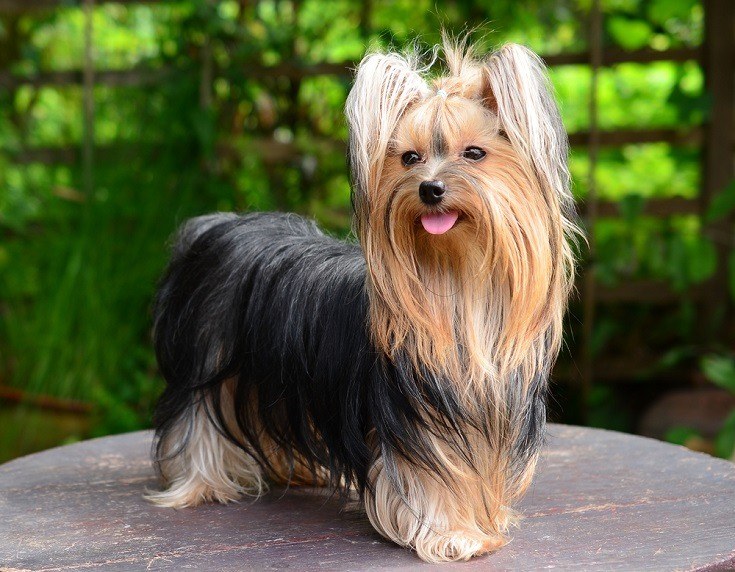
Training
This breed is known for being difficult to house train. As such, it’s recommended that you crate train Yorkies instead. But when it comes to learning commands or tricks, Yorkies are quite capable. You’ll need to use positive reinforcement and a firm hand, but Yorkies don’t respond well to yelling or anger.
Health and Care
Yorkshire Terriers are considered healthy dogs overall, especially for their size. However, all dogs are susceptible to some illnesses, and as a pure breed, Yorkies have their share of health concerns that you should watch out for, including:
- Reverse sneezing
- Eye infections
- Hypoglycemia
- Collapsed trachea
- Progressive retinal atrophy
- Portosystemic shunt
- Patellar luxation
Aside from health issues, a lot goes into caring for a Yorkshire Terrier. They need ample grooming and maintenance. Those long, luscious coats are closer to human hair than regular dog hair. It will require substantial upkeep to prevent their coat from matting, tangling, and becoming a complete mess.
Grooming
You’ll need to brush your Yorkie daily to keep their coat in good condition. You’ll also need to trim it regularly so it doesn’t get too long. Yorkies also need weekly bathing, so you’ll have to factor that in as well.
Exercise
Regarding exercise, Yorkshire Terriers don’t need much. They’ll still need a couple of short walks each day, but 15–30 minutes of daily exercise is all it takes to keep this breed in good health.
Silky Terrier Overview
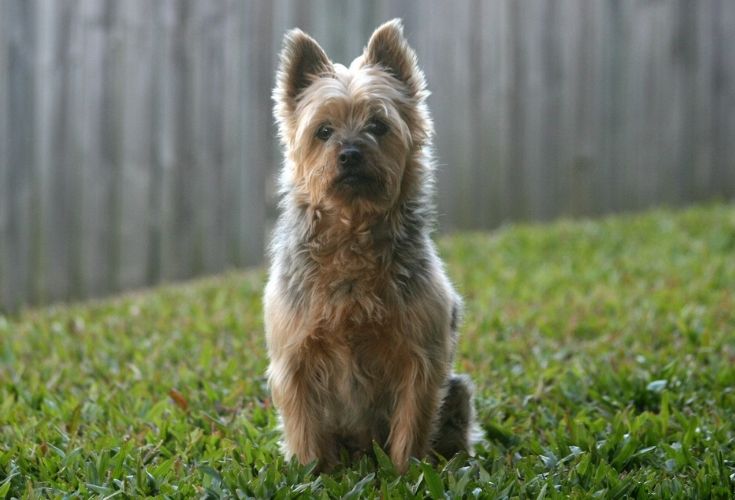
Named for their long, silky, flowing coats, the Silky Terrier is a tiny toy dog very similar in appearance to the Yorkshire Terrier. Silkies have longer faces and bigger, pointier ears that help differentiate them from Yorkies. At about 10 inches tall and 10 pounds, Silky Terriers are slightly bigger than Yorkies, though the difference is minimal.
While Yorkies are some of the most popular pets in America, Silky Terriers don’t share the same popularity. They’re ranked 112 on the AKC’s most popular list, even though they have some traits that would make them more desirable than Yorkies to particular owners.
Personality
While Yorkies often act like the hoity-toity pups you might expect, Silkies have very different temperaments. They act more like you might expect a ratting dog to act. They have plenty of energy and act much larger than they are, displaying many typical Terrier traits.
These dogs love to dig, chase, and romp around. They have much higher energy levels than Yorkies and need a lot more exercise. Like Yorkies, they often try to pick fights with dogs much larger than they are.
Your Silky will need a lot of attention. They can get mischievous when they don’t get enough attention and stimulation. Also, like other Terriers, Silkies bark pretty often, though they’re not as vocal as Yorkies.
Silkies are generally friendly but can become territorial without proper socialization. Likewise, they may act aggressively toward other dogs, particularly smaller ones, since they have a naturally strong prey drive. However, proper socialization can significantly mitigate these issues.
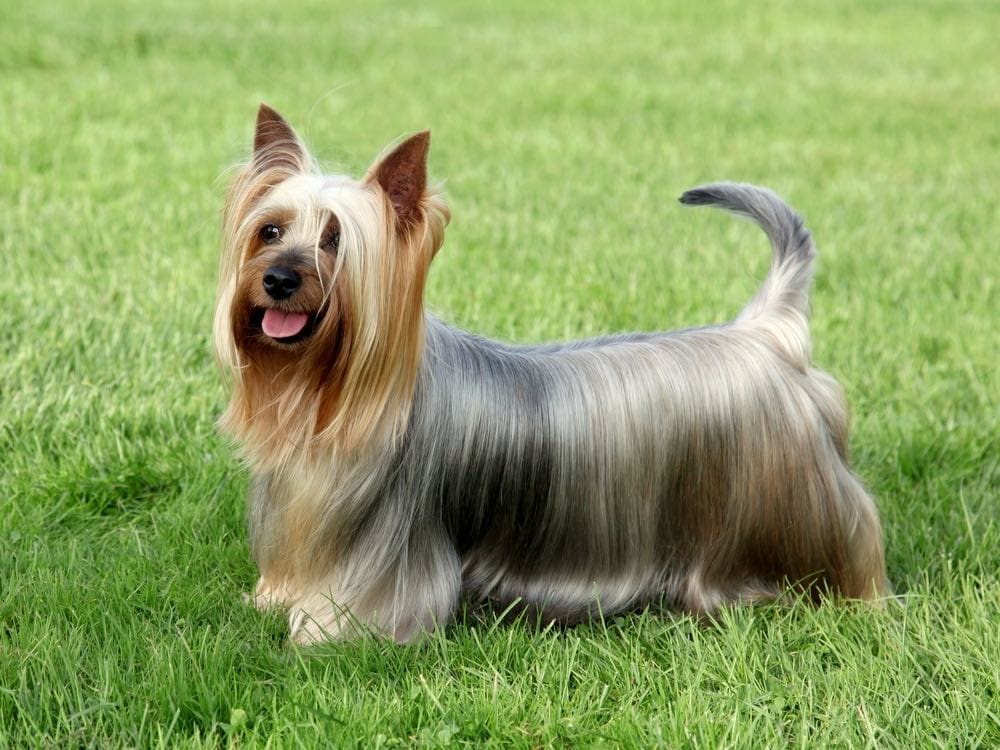
Training
Silky Terriers are a bit easier to train than Yorkies. They aren’t quite as stubborn, and they like to please their owners. They’re incredibly loyal dogs and highly intelligent, so they can understand what you’re asking and have the desire to do what you request.
Still, you’ll need a firm hand to train a Silky properly. You’ll also need to use plenty of positive reinforcement. Like Yorkies, Silkies don’t respond well to anger or aggression.
Because they like to bark, you’ll probably want to teach your Silky the quiet command. This will make them much better suited for apartment living, especially since they’re a good fit for small living spaces.
Health and Care
Silky Terriers are a pretty healthy breed. They’ve spent generations chasing down and hunting rats, after all. But that doesn’t mean they’re not prone to any illnesses. They tend to be healthier than Yorkies and aren’t susceptible to quite as many diseases. However, you should still keep an eye out for:
- Collapsed trachea
- Diabetes mellitus
- Epilepsy
- Patellar luxation
- Legg-Calve-Perthes disease
Exercise
Silky Terriers need much more exercise than Yorkies and require at least 30 minutes each day. But you don’t want to leave them outside alone for long since they’re small enough to be considered prey by a significant number of animals. They’re also very curious dogs that are likely to try and escape, which is a bad combination if you want to keep your Silky! However, if you like to go on hikes and walks often, then a Silky is a great dog to accompany you.
Grooming
Though the Silky’s coat is pretty similar to the coat of a Yorkie, caring for it is a bit different. Silkies don’t need nearly as much grooming as a Yorkie. Instead, you can get away with only brushing their coat two or three times weekly. For bathing, you’ll want to limit it to once per month. You will want to ensure you get your Silky’s coat trimmed regularly, however, to prevent it from becoming unruly.
Which Breed is the Best Fit for You?
While these dogs are very similar in appearance, there’s a lot that separates them. So, which one is a better fit for you? If you’re looking for a dog with minimal exercise needs but loads of grooming maintenance, the Yorkie is a great fit. They have big personalities, but they’re not the most active dogs. Your Yorkie will spend most of their time inside, and they won’t want to come along on hikes and other long outings, though they also don’t want to be away from you for long.
If you’re an active person looking for a compact companion to accompany you on your excursions, the Silky is an excellent choice. They need far more exercise than Yorkies, and they’re happy to come along on hikes and walks that would be too much for a Yorkie to handle.
Featured Image Credit: (L) Ramiro Pianarosa, Unsplash | (R) Radomir Rezny, Shutterstock

